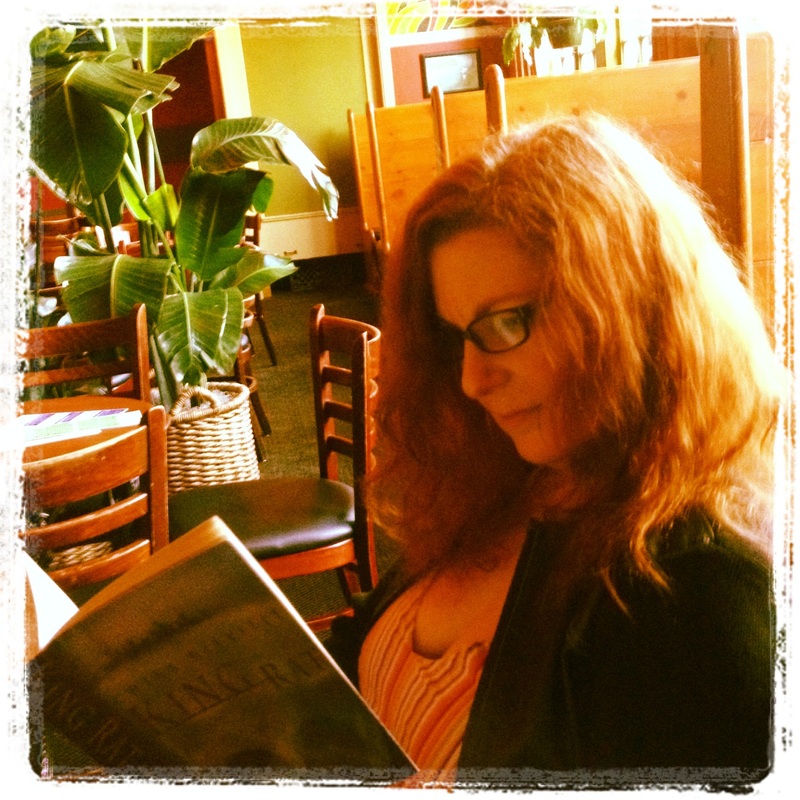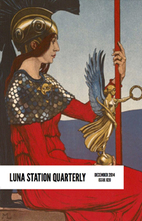I've noticed that social media, where we select those we interact with and those we don't, lends itself to this segregation of opinion. We're all becoming convinced that our opinions are the only rational ones, and that those who hold conflicting beliefs are "idiots" or have been brainwashed by nefarious opinion leaders. You know this isn't true, right?
I've done it, though. I've removed from my daily media people who hold convictions that seem irrational, to me. Those whose opinions make me angry, or uncomfortable. Those whose arguments are based solidly in sources I don't acknowledge to be facts. But these people are just like you and me.
Don't fool yourself: your opinions are most likely shaped by the things you were taught as a child, and the experiences you had growing up, and the community you live in now that reinforces those beliefs. You may believe that you're more "rational" and that your opinions are better grounded in objective fact than those people you don't agree with, but this just means that you, as a consumer of this media, can easily find people and sources here to confirm your biases. This doesn't (necessarily) mean that your sources of information, or your beliefs, are inherently more correct. Face it, we're all fallible.
Here's my point: Don't assume that people who have strong beliefs different from your own are idiots. They've come by these biases the same way you came by yours; they can find just as many confirming sources as you can. Instead of dismissing people whose beliefs you don't share, consider why they believe these things.
For example: there are people who feel strongly about gun ownership because having and using guns is a connection to a way of life, a sense of family and social history, that they feel is quickly disappearing. These people may think that gun restrictions are really a way for some other people to demonstrate social disdain, and to try to suppress any cultural traditions they don't share. Can you imagine how it would feel if a group you perceived as unsympathetic wanted to get rid of a hobby you enjoy, one that could be dangerous if practiced by amateurs, but something you've done so long you understand how to be safe at it? What if a group of people from outside your community wanted to ban wood fireplaces, or home brewing, or using table saws?
I'm suggesting that, instead of dismissing those in your outgroups as fools and dupes, you try to empathize long enough to understand why another human being, more similar to you than not, could hold such beliefs, and understand what motivates that belief. Am I asking you to share that belief? No. But nothing will be gained by deepening the cultural and political divides in our country (or our world); we're only going to be able to move forward if we all go together. And in order to come together, we have to be willing to extend to one another the benefit of empathy.















 RSS Feed
RSS Feed
